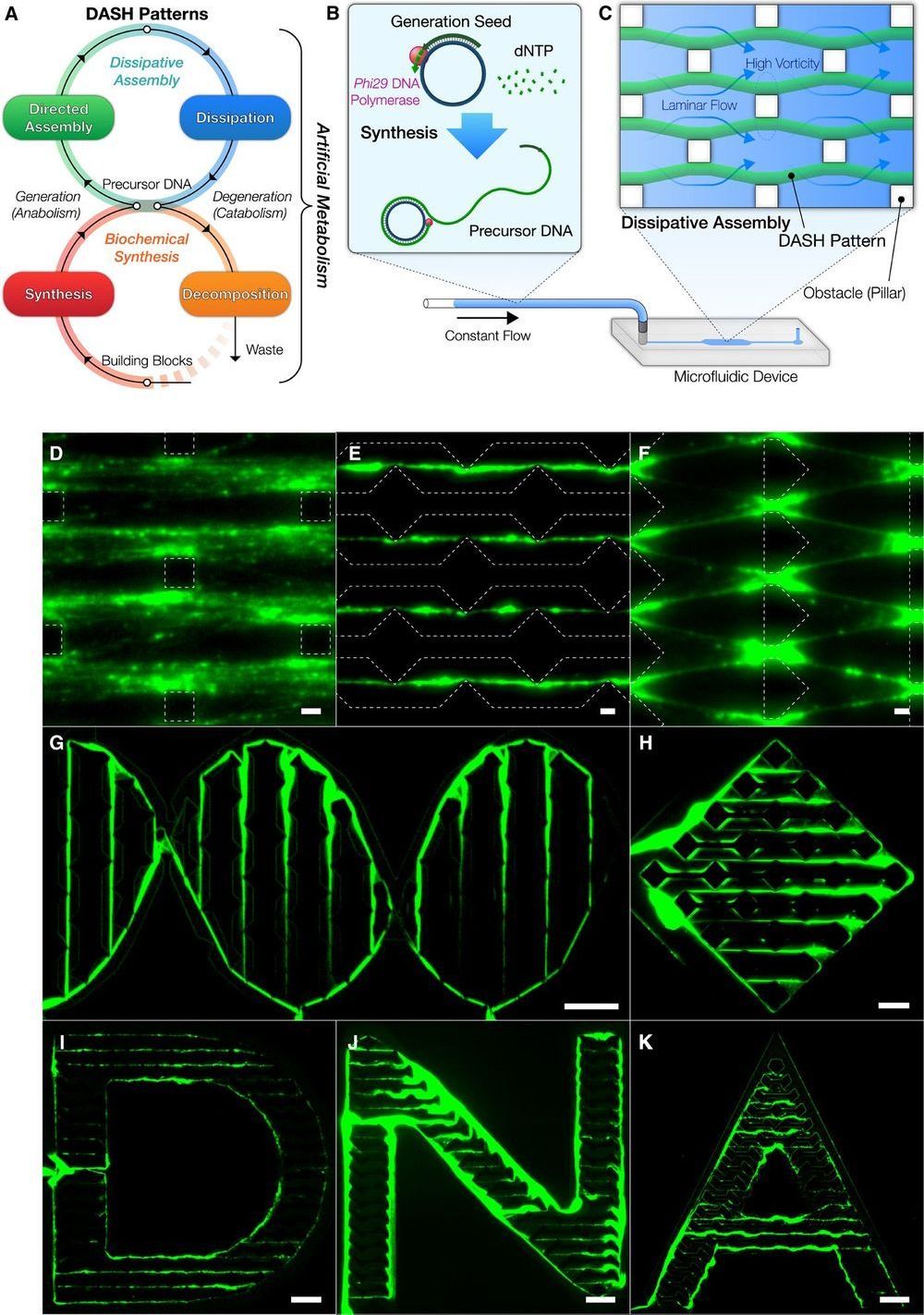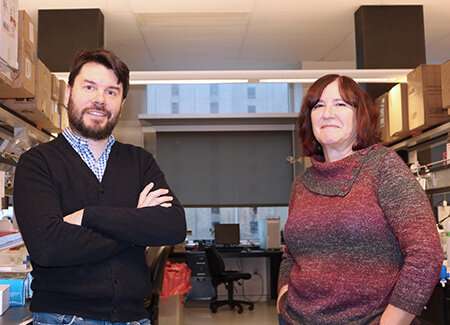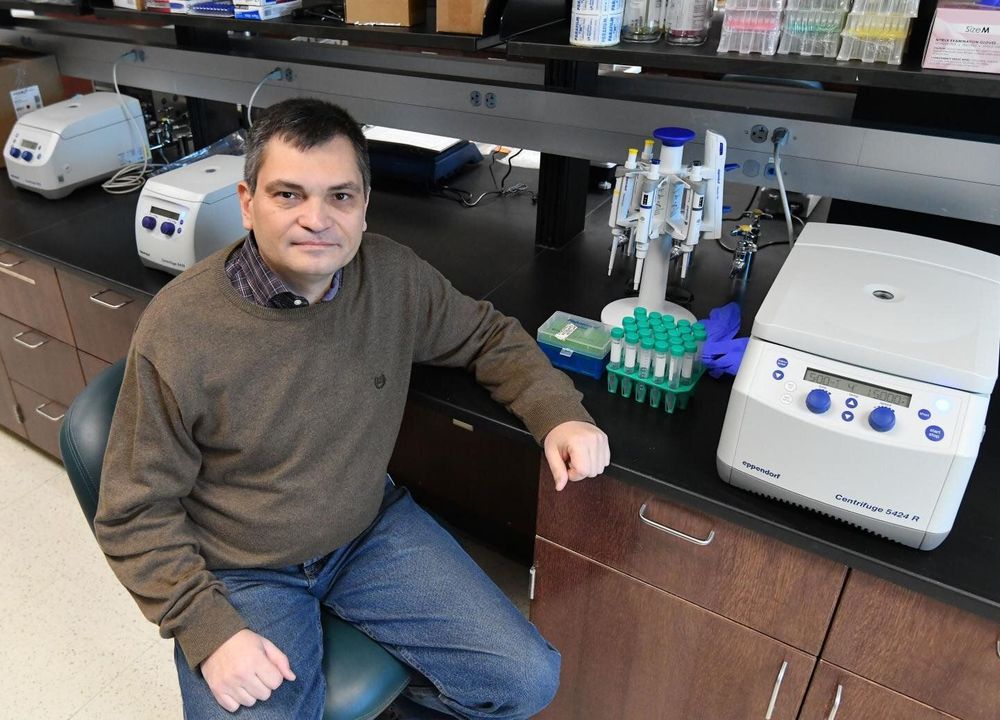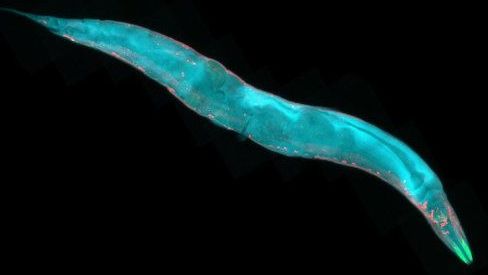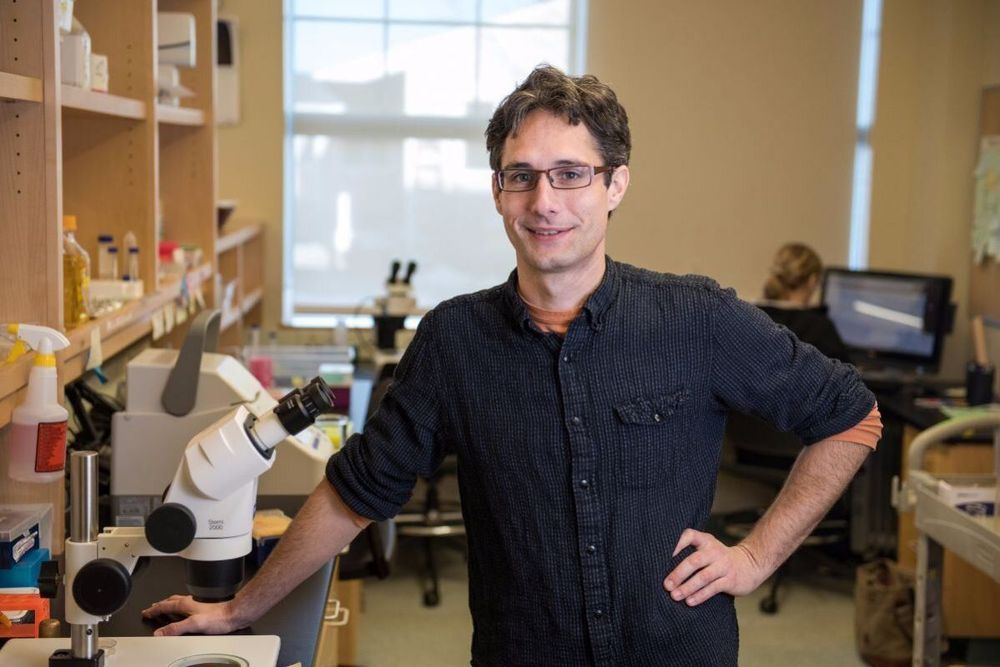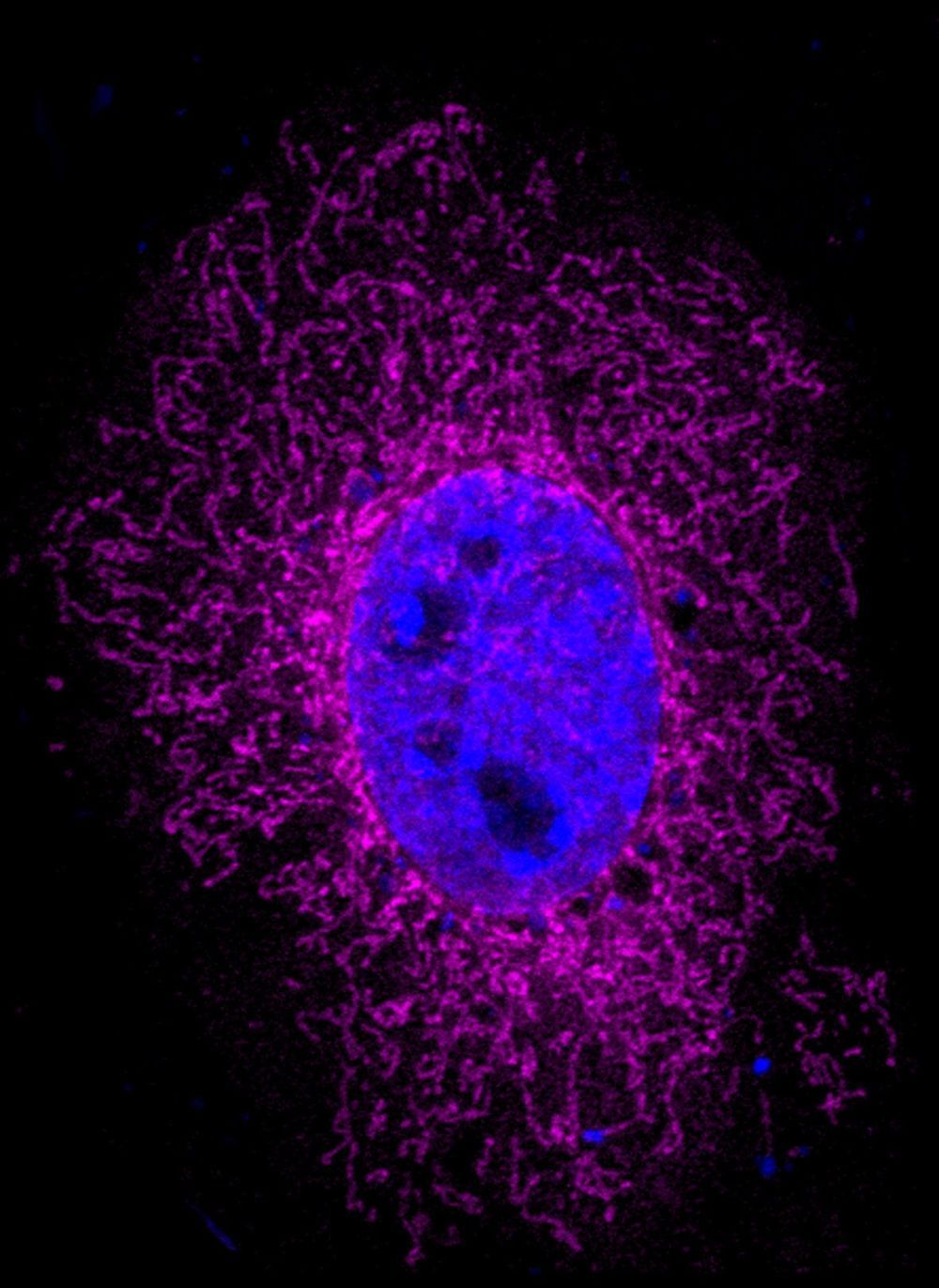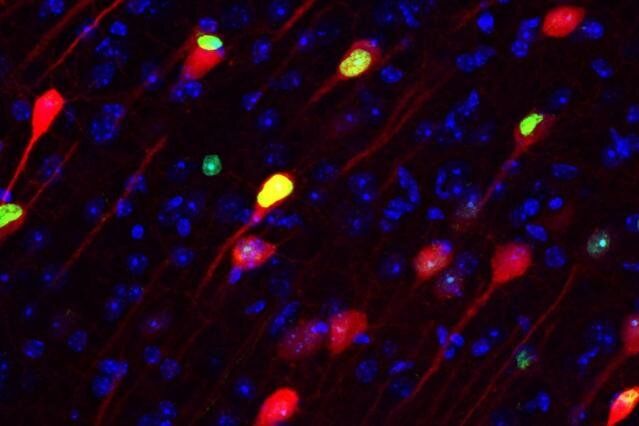Jan 12, 2020
Is schizophrenia a by-product of human evolution?
Posted by Xavier Rosseel in categories: evolution, genetics, neuroscience
“Tim Crow must be proud to see his theory being tested at a complex level.” That’s how I tweeted the news on a recent Brain article by van den Heuvel et al (2019). Tim Crow’s theory on schizophrenia as a possible by-product of human brain evolution was quite inspiring and led to many fruitful discussions in our evolutionary psychiatry group when I was a junior trainee (which I wrote about a while ago: EPSIG Newsletter, June 2018). And here it was, the theory was tested by using novel methodology. Now I am pleased to say that the article did not disappoint, so I can enjoy the initial thrill and share my take with the Mental Elf World.
Tim Crow’s original question was intriguing: “Is schizophrenia the price that Homo sapiens pay for language?” (Crow, 1997). He argued that schizophrenia may be considered an extreme variation of brain systems which are relatively new in evolutionary timescale. Brain structures that are mostly implicated in schizophrenia were also unique to humans as mediators of language and higher cognitive functions. Those relatively new (in evolutionary timescale) brain systems may be more vulnerable to insults (e.g. stress, trauma, neurodevelopmental conditions) and manifest as dysfunctional brain circuits in schizophrenia.
The prevalence of schizophrenia is fairly constant across human populations (Jablensky et al. 1992), and the prevalence does not change despite low fecundity rates of people with schizophrenia. This can only be possible in the case of overall genetic predisposition across the population.

